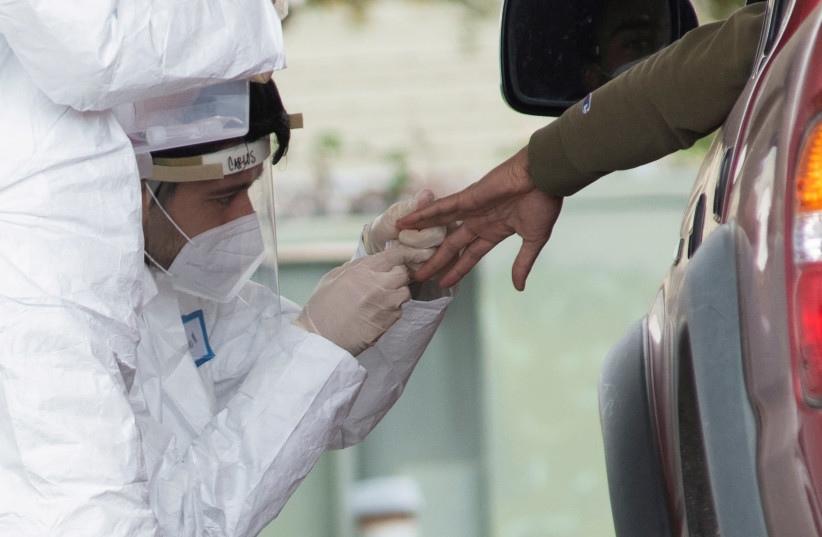Over 11 million children have tested positive for COVID-19 in the United States, with the number of coronavirus cases in children seeing an exponential increase in December 2021 and January 2022. Recent data suggest the Omicron (B.1.1.529) variant is more transmissible compared to the Delta (B.1.617.2) and Alpha (B.1.1.7) variants.
Absolute protection threshold still unknown
Children infected with COVID-19 continue to have antibodies at least six months after infection, according to a new study published in the peer-reviewed journal of the American Academy of Pediatrics. It is unclear if these antibodies provide significant protection against the Omicron variant.
"While our study is encouraging in that some amount of natural antibodies last at least six months in children, we still don’t know the absolute protection threshold," Sarah Messiah, PhD., M.P.H., said in a press release. "We have a great tool available to give children additional protection by getting their vaccine, so if your child is eligible, take advantage of it."
Three times in a six- to eight-month period, 218 children ages 5-19 years were given tests that could detect antibodies to the SARS-CoV-2 nucleocapsid protein (the most sensitive target for serologic diagnosis of infection with SARS-CoV-2) from past infection. Vaccination elicits antibodies to the spike protein, which is not detected by the test utilized in this study.

Infection-induced antibodies persist
About 34% of participants had evidence of nucleocapsid at the start of the study. Nearly all children in that group continued to have detectable antibodies more than six months later. Researchers did not see differences based on age, sex or body mass. The presence or severity of symptoms also did not seem to play a role in the detection of antibodies.
“These results suggest that infection-induced antibodies persist and thus may provide some protection against future infection for at least half a year,” the authors wrote.
However, the true incidence and longitudinal presence of natural (not-vaccine induced) antibody response to SARS-CoV-2 infection is not known in the pediatric population due to the high proportion of asymptomatic infection
A second study noted the experts don’t know what antibody levels are needed to protect against future infections. For children not eligible for vaccination or unvaccinated due to their parents’ hesitancy, the study “is somewhat reassuring,” they wrote, but “should not provide false reassurance.”
